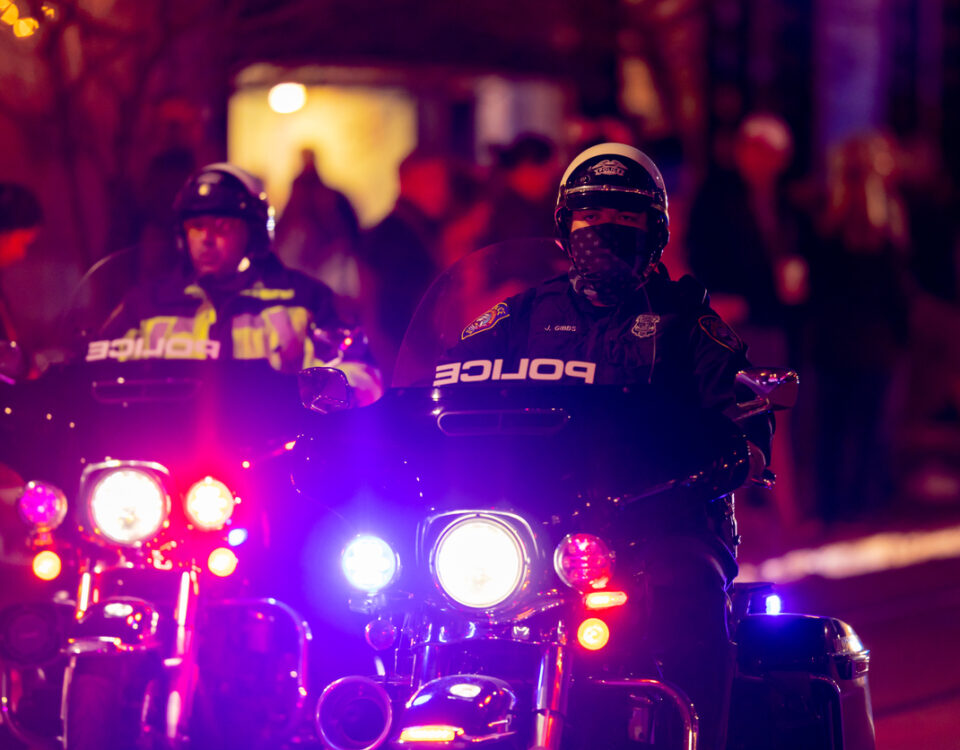Body-Cams May Decrease Police Professional Liability Risks
Educators Management Insurance: Discontent with Common Core Increases
August 6, 2014Police Liability Insurance: Understanding Animosity Towards Police
August 20, 2014Body-Cams May Decrease Police Professional Liability Risks
Body-Cams May Decrease Police Professional Liability Risks
On the heels of the success of patrol car cameras, a number of police departments across the country are looking to outfit officers with personal body-mounted video cameras. Proponents of the body-cams claim that the technology could reduce officer and civilian misconduct and have many other benefits as well. Law enforcement officials in various states have already begun using the miniaturized video cameras and microphones to record officer-civilian interactions. Police professionals and regulators hope that through the integration of these cameras officers will be more self-aware and self-regulating, and that abuse of power and use of excessive force will decrease in their communities.
According the Police Foundation, Chief Tony Farrar of California completed an extensive study which evaluated the effects of body-worn video cameras on police use-of-force and civilian interactions. Farrar worked with Dr. Barak Ariel of Cambridge University to conduct the trial, which was the first scientific evaluation of the use of these video cameras in police patrol practices. The study tracked patrol officers from the Rialto, California Police Department who were all given body-cameras to wear during assigned shifts. For twelve months Farar designated every police patrol shift either an experimental shift, where the cameras were used, or control shift, where cameras were not used to gain the best pool of data possible. The study found that wearing cameras was associated with dramatic reductions in use-of-force and complaints against officers.
Many of these cameras are small enough to be attached to an officer’s collar or hat. Some also operate on a continuous feed, meaning that they are constantly recording, even when turned off. Developers claim that this features helps ensure that the circumstances leading up to an altercation can be monitored as well. All video data is uploaded automatically to a central server and stored for easy organization and accessibility. As a result of this apparent success, many large police departments such as Los Angeles and New York are devising programs to incorporate these cameras into their patrol units. Lawmakers have also begun establishing policies regarding appropriate protocol for the cameras and any evidence produced from their usage.
Police professionals can almost always be personally help responsible for their actions, and claimants can bring charges directly against an individual or against their police department as a whole. Having the right police professional liability coverage can help you protect yourself should a lawsuit be filed against you. At Professional Government Underwriters, Inc. we specialize in professional underwriting for public service industries. Our Police Professional Liability Insurance can help protect you against a variety of work related liability claims so you can rest assured and continue fulfilling your civic duties to the best of your abilities. Please Contact Us today for more information about our coverage offerings.

